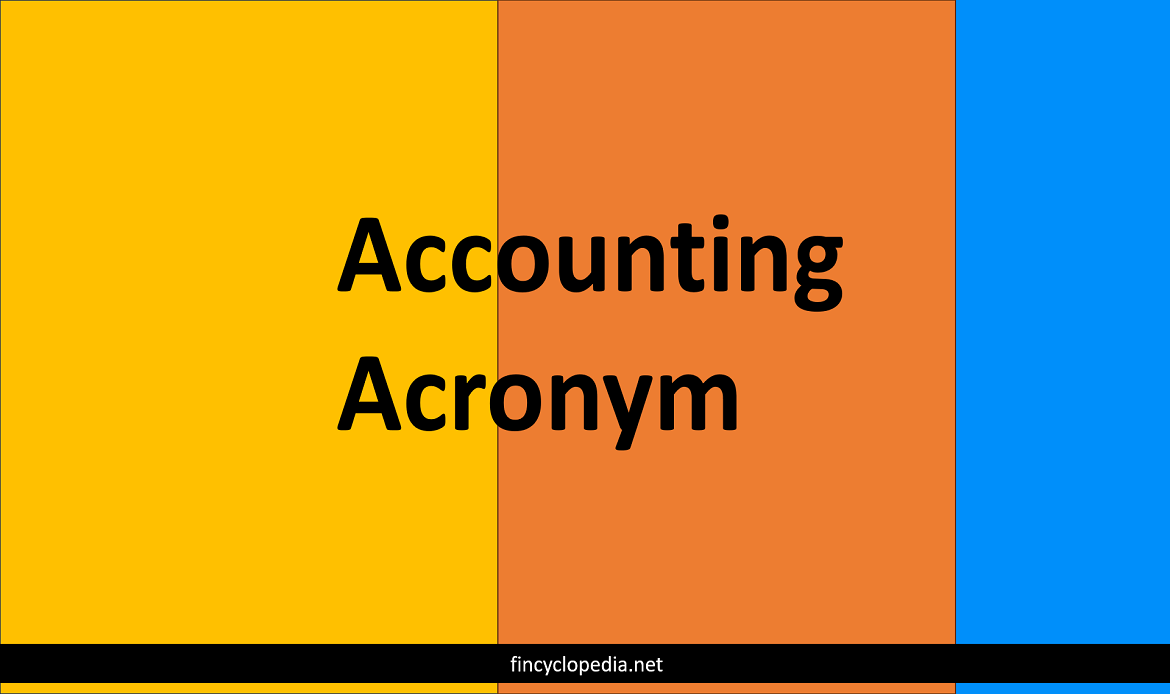The level of detail at which an estimate is made, and the level of detail at which an entity has to report financial results as per accounting principles. It indicates the level of detail targeted or assumed in a model or decision-making process in relation to reporting of financial results. The greater the granularity, the deeper the level of detail, and vice versa. Granularity is usually used to define the scale or level of detail in accounting data.
For example, in order to determine the appropriate classification of a joint arrangement, granularity (or aggregation) has to be set at an appropriate level to perform the analysis for such classification. In practice, a joint arrangement is analyzed at the level of the activity that the parties to an arrangement have agreed to control jointly (establishing joint control).





